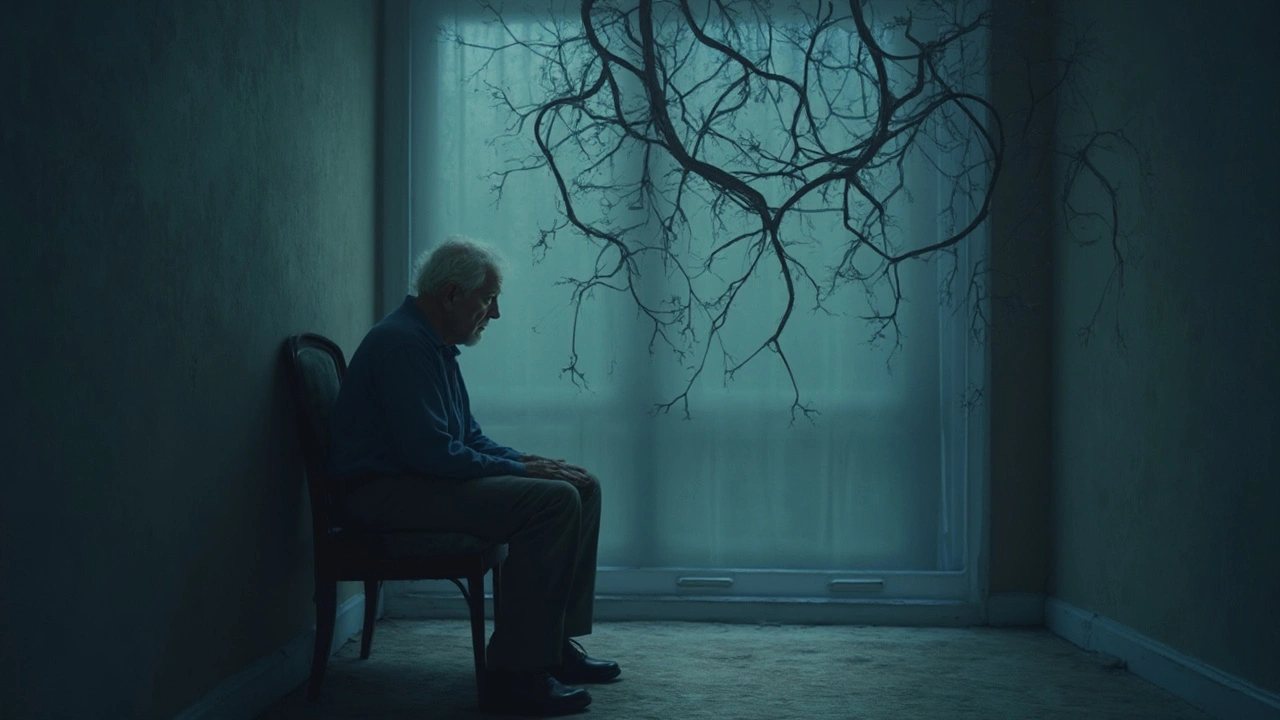Loneliness: What It Is and How to Handle It
Feeling lonely isn't just about being alone—it's about feeling disconnected even when you're surrounded by people. Loneliness hits almost everyone at some point, and it can affect how you think and feel in big ways. It’s more than just a mood; it’s a real experience that impacts your mental health and even your body.
Loneliness can sneak up on anyone: maybe you moved to a new city, lost touch with old friends, or just feel misunderstood. The hard part is it can make you withdraw even more, which only deepens the feeling. But here’s the good news: understanding loneliness is the first step toward beating it.
Why Loneliness Matters for Your Mental and Physical Health
Loneliness isn’t just about feeling sad; it can cause stress and even raise your risk for health problems like heart disease or weakened immunity. When you feel lonely, your brain reacts as if you’re under threat, just like physical pain—this can lead to poor sleep, low energy, and mood swings. Researchers have found that long-term loneliness affects how your body handles inflammation and stress.
This makes taking loneliness seriously important, not just as an emotional issue but a health one, too. It affects focus, motivation, and even relationships, creating a cycle that's tough to break without action.
Simple Ways to Fight Loneliness and Feel Connected
You might think talking to strangers or joining clubs is the quick fix, but real connection comes from meaningful experiences and consistent effort. Start small: call a friend you haven’t chatted with in a while or try a new hobby that interests you—these bring purpose and people into your life naturally.
Another key is shifting how you see loneliness. Instead of fighting it alone, use that time for self-reflection or setting personal goals. Sometimes, appreciating solitude can help you feel stronger when you do connect with others.
If loneliness feels overwhelming, don’t hesitate to seek help from mental health professionals—they can guide you in breaking negative thought patterns or manage feelings linked to depression or anxiety.
Remember, you’re not alone in feeling lonely. Many people walk this path, and with the right steps, you can find your way back to feeling connected and fulfilled.

